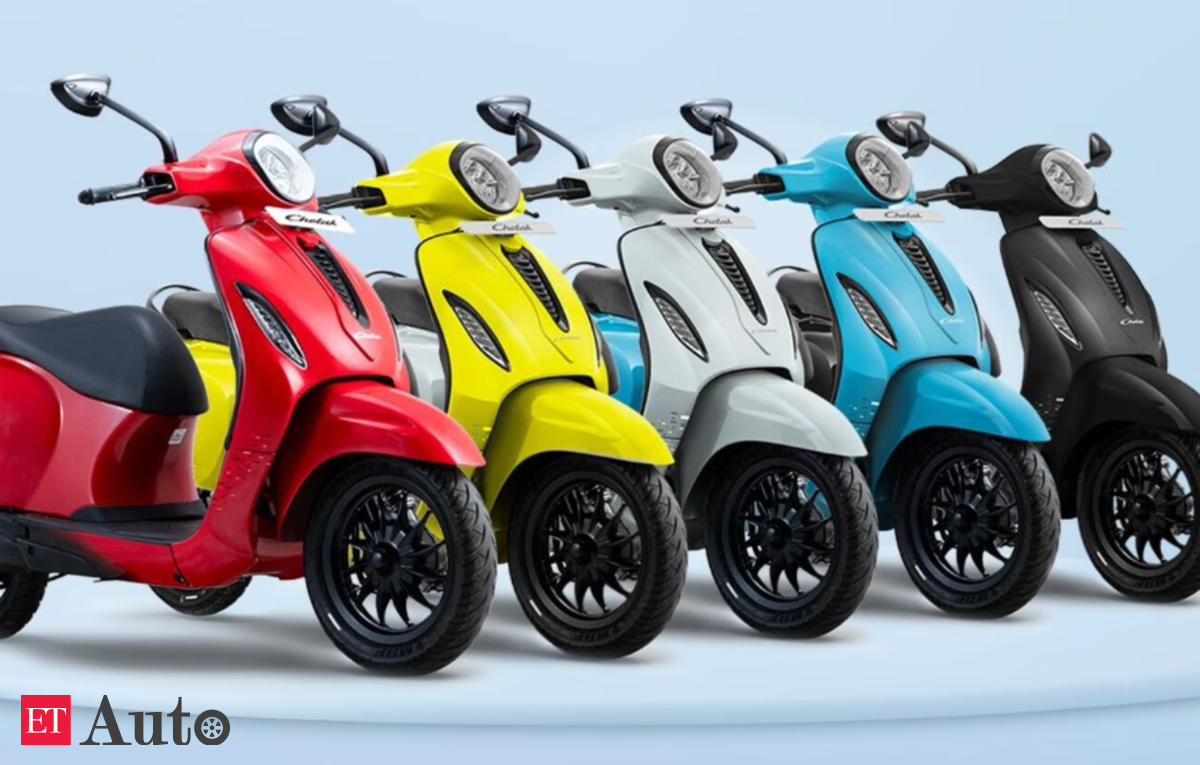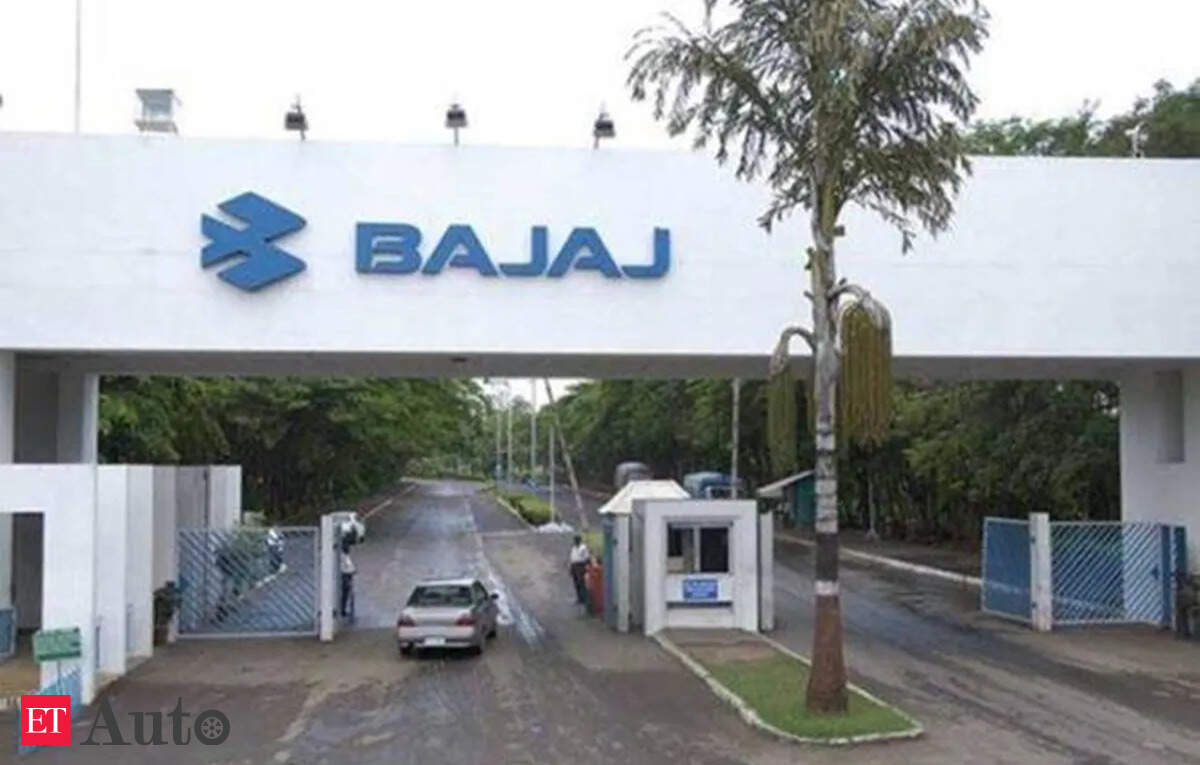Bajaj Auto Commits 60% of FY26 Capex to Electric Vehicles

Bajaj Auto is significantly increasing its investment in its electric vehicle (EV) business, buoyed by strong performance and substantial revenue generation from the segment. The two-and three-wheeler manufacturer plans to allocate more than half of its planned capital expenditure (capex) for FY26, specifically 60% of approximately ₹700 crore, towards its EV operations. This strategic shift underscores the growing importance of EVs in Bajaj Auto's portfolio.
The company's EV segment achieved a remarkable ₹5,500 crore in revenue in FY25, accounting for 20% of its total revenue for the fiscal year. This growth was largely driven by the success of its electric three-wheelers, particularly the GoGo-branded electric three wheeler. According to Dheeraj Thapar, CFO of Bajaj Auto, the allocated capex will be utilized for EV research and development (R&D) and new product launches. Thapar also highlighted that the EV business unit has now become profit-making, reversing previous losses. He stated, “A marginal profit this year is only because of the scale-up of a profitable electric three-wheeler business, which in many ways has also helped (offset) the dilution that comes in from Chetak (e2W).” Bajaj Auto has been active in the electric three-wheeler market for the past two years and has strengthened its market leadership position in the last 15 to 18 months. The company noted that electric three-wheelers and commercial vehicles have continued their strong growth trajectory, driving double-digit growth in that business segment. Bajaj Auto also claims to have achieved the “largest ever revenue of any company in electric two- and three-wheelers”.
Despite the success in the EV domain, the Pune-based company reported subdued demand in the motorcycles segment, especially during the latter half of FY25. To address this, Bajaj Auto is implementing a revival strategy focused on making its 125cc+ segment more attractive, which it deems strategically important. The company is also emphasizing product upgrades and interventions to refresh its current offerings and inject novelty into the market. Furthermore, plans are underway for on-ground marketing and activation campaigns to boost local awareness, particularly for its Pulsar portfolio, aiming to drive demand. This strategy also includes a focus on execution, enhancing value, and expanding the distribution network for its motorcycles.
In addition to its EV and domestic motorcycle strategies, Bajaj Auto is looking to expand its presence in the premium motorcycle market. The company recently announced its intention to acquire a controlling stake in Austrian motorcycle manufacturer KTM, with a committed investment of ₹7,765 crore through its subsidiary Bajaj Auto International Holdings (BAIHBV). The homegrown brand is targeting continued growth in its premium motorcycle lineup, which includes KTM and Triumph. These brands together reached approximately 1 lakh units in sales in the fiscal year ending FY25. Bajaj Auto is also optimistic about the revival of KTM exports following a temporary hold, which is expected to contribute positively to sales volumes and profitability.











